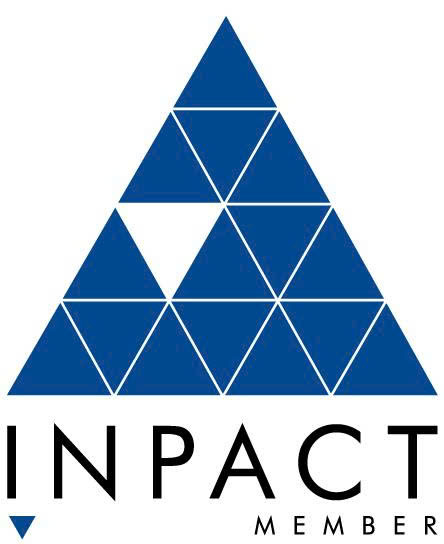To prevent and reduce the risk of fraud and fraud in the supply and use of payment services, the State Bank of Vietnam requests payment service providers to develop appropriate roadmaps and plans for the implementation of measures to check and verify customer identification information when conducting transactions…

The State Bank of Vietnam has just issued dispatch No. 7611/NHNN-TT to Payment service providers on strengthening measures to ensure the security and safety of payment activities.
Through monitoring the situation of payment activities, emerged the high-tech criminals forging branded SMS (SMS branding name) of Banks sent to mobile phones to trick customers into accessing and transacting at fake banking websites set up by criminals.
The purpose and tricks of the offenders are that after stealing login information and OTPs authentication codes will use this confidential information in combination with changing the method and device to receive OTP authentication codes to make fake transactions, misappropriating money in the customer's account.
To prevent and reduce the risk of fraud in the supply and use of payment services, the State Bank of Vietnam requests payment service providers to develop appropriate roadmaps and plans for implementation of measures to check and verify customer identification information when making transactions (payments, money transfer) following the information in the application for opening a corresponding payment account.
For the unit opening an electronic payment account (eKYC), the State Bank of Vietnam requires to comply with regulations.
With the verification of customer identification information when there is a change in the transaction equipment, the research units deploy as soon as possible technical measures, technology on customer identification by eKYC to verify customer information to ensure that the account owner pays when there is a change in the device receiving the confirmation code OTP, the customer's transaction execution device.
Previously, the Department of Competition Administration and Consumer Protection (Ministry of Industry and Trade) also warned against counterfeiting brand messages with very sophisticated deceptive techniques.
According to the Department of Competition Administration and Consumer Protection, the common method of fraud of objects is to use any phone number (junk SIM) to distribute fraudulent content. This fraudulent behavior has been warned and propagated to consumers in various forms.
However, recently, scammers have changed their methods and tricks to forge brand messages and calls of banks and power companies…
As noted, a series of fraudulent tricks are constantly being applied by high-tech criminals to appropriate money in customers' accounts.
such as using the form of online money lending to invite customers to borrow money, customers will provide themselves with information and pictures including full name, ID card, phone number, card number/bank account, password OTP…
In addition, the criminal can impersonate the authorities, bank employees, e-wallet employees to call, ask customers to provide personal information/transaction information to handle the work (for investigation, handling of suspended money, receiving gifts …) to appropriate information, stolen the client's money.
Banks recommend that users keep their personal information confidential to avoid losing money.
Collected from the source
Hoang Tu

